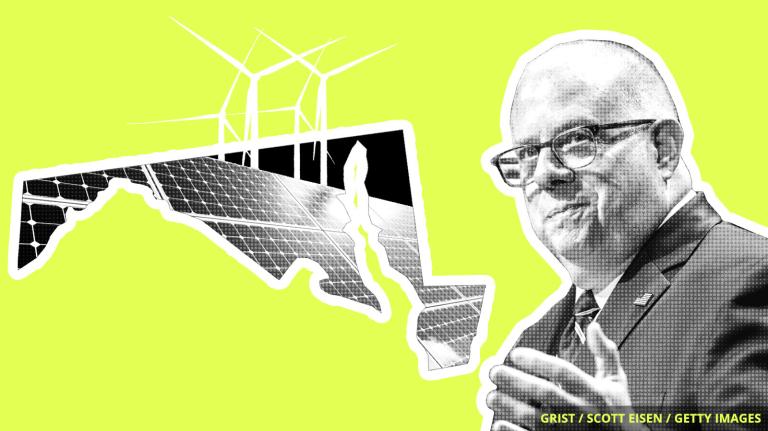It’s Friday, May 24, and New Jersey’s governor has a big decision to make on renewable energy.
![]()
Colorado, Nevada, South Carolina, and Washington state all recently passed renewable energy legislation. It might be time to add the Garden State to the list.
The New Jersey legislature passed a bipartisan bill on Thursday that requires the state’s Department of Environmental Protection to put climate regulations in place to bring emissions down 80 percent below 2006 levels by midcentury. The bill, which strengthens a partially implemented proposal from 2007 called the Global Warming Response Act, is now headed for Democratic Governor Phil Murphy’s desk.
A report released Thursday says that New Jersey ranks 9th in the nation for jobs in the renewable energy sector. The state now employs nearly 52,000 people working on wind, solar, energy efficiency, etc. So it makes sense that lawmakers on both sides of the aisle are ready to embrace renewables.
But not everyone is happy with the new legislation. The Sierra Club argues that the bill calls for more study of short-lived climate pollutants instead of actually setting mandates. Some green groups also took issue with the fact that the legislation doesn’t regulate black carbon, harmful particulate matter. “We are in a sense of urgency when it comes to climate change and this bill does not do enough to deal with the climate crisis,” said the New Jersey Sierra Club’s Jeff Tittel.
Others think the legislation is a positive step forward for the state. “It is critical that states like New Jersey assume the mantle of leadership in addressing climate change, and this legislation does exactly that,’’ Tom Gilbert, campaign director of the New Jersey Conservation Foundation, told NJ Spotlight.
Governor Murphy will soon make the final call on whether the new legislation goes far enough.

The Smog
Need-to-know basis
Extreme weather has been battering the Midwest this spring. On Thursday, multiple tornadoes made their way across southern Missouri, killing three, injuring 20, and wreaking havoc in the state capital, Jefferson City. That brings the death count in Missouri for the week up to seven. The middle of the country is dealing with fallout from heavy rain, which is causing floods in the region
![]()
The GOP is all about innovating its way out of the climate crisis these days. So how come congressional Repubs just voted down a bill that would have increased spending for innovation? In the House Appropriations Committee, 21 out of the 22 Rs on the committee voted against legislation that would have funded government programs dedicated to researching nuclear reactors and carbon-capture technology.
![]()
This year’s hurricane season is shaping up to be a “normal” one, weather forecasters announced on Thursday. That’s welcome news for states that have already dealt with their fair share of flooding this year, but experts warn that it just takes one hurricane to create a full-scale emergency. A normal season only means forecasters are expecting between nine and 15 named storms — it says nothing on how many will make landfall or where they’ll strike.

